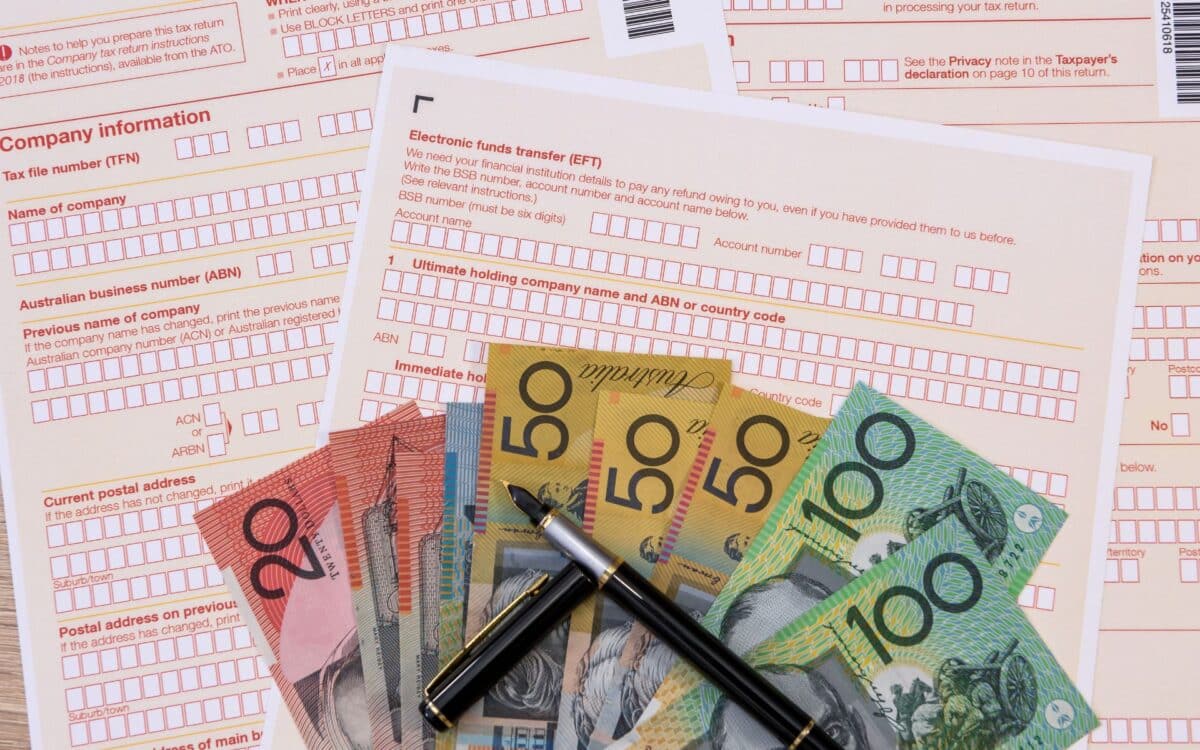The Australian Taxation Office (ATO) has announced increased scrutiny of capital gains tax (CGT) in its 2025 tax return review process, citing widespread issues with incomplete or inaccurate reporting of asset disposals.
Many individuals are failing to declare taxable events or are under-reporting sale proceeds.
According to finance.yahoo, this pattern has been identified using third-party data, including mortgage loan disclosures and cryptocurrency ownership records from Australian designated service providers (DSPs).
These datasets enable the ATO to cross-reference tax returns with transactional activity. Despite this targeted approach, the ATO has so far revealed little about the scope or specific enforcement measures planned.
Key Focus Areas for the ATO
The ATO’s increased focus on capital gains tax is not limited to property and cryptocurrency. The tax office is also looking closely at share sales and managed investment transactions.
With data from various financial institutions, the ATO aims to ensure that taxpayers are accurately reporting the sales and transactions that trigger CGT.
This data allows the ATO to cross-check individuals’ tax returns against third-party reports.
How Capital Gains Tax Works
CGT is levied when you dispose of an asset, with the tax calculated based on the difference between the purchase price and the selling price of the asset.
Any profit made is subject to CGT, but the tax can be discounted by 50% if the asset has been held for more than 12 months. To calculate your capital gain, subtract the cost base of the asset from the sale proceeds.
The cost base includes the price you paid for the cryptocurrency, plus any incidental costs. Then, take away any capital losses you have, and discount the gain. The resulting figure is your net capital gain, subject to tax at your marginal rate.
Exemptions and Concessions
While CGT applies to most asset disposals, there are exemptions and concessions that can reduce the tax liability.
One notable exemption is for your primary residence. However, if you have used part of your home for income-generating purposes, such as renting it out on platforms like Airbnb or Stayz, or using it for business, CGT may apply to the portion of the property that was used for income.
It’s important to keep records of the income-producing period and the portion of the property used for income to calculate your capital gain correctly.
Additionally, small businesses may be eligible for four key CGT concessions that can reduce or even eliminate the tax on business asset sales. These include:
- The 15-year exemption
- The 50% reduction
- The retirement exemption
- The roll-over relief
These concessions are available if you run a small business with a turnover of less than $2 million and the assets being sold are considered active assets (assets used in a business).
Shares in a private company can also be active assets if the underlying business of the company is trading in nature, rather than investment-driven.
Important Reminders for Taxpayers
Taxpayers are encouraged to ensure that all relevant disposals are accurately declared, including property sales, cryptocurrency transactions, and share sales.
Failing to do so could result in penalties. Moreover, anyone uncertain about their capital gains tax obligations is urged to consult a tax professional.
Tax agents can ensure that all transactions are properly reported and that any available discounts, exemptions, or concessions are applied.
The ATO has access to vast amounts of third-party data, including information from mortgage lenders and DSPs on cryptocurrency holdings.
As the ATO continues to enhance its data-gathering capabilities, it is becoming more difficult for taxpayers to overlook or underreport capital gains. Taxpayers who attempt to avoid CGT reporting risk drawing the ATO’s attention, which could result in audits and penalties.
Understanding the Capital Gains Tax Discounts for Superannuation Funds
An important detail is that the general 50% discount on capital gains is also available for individuals, trusts, and partnerships, as well as complying superannuation funds, but not for companies.
The discount rate is 50% for individuals, trusts, and partnerships, and 33 1/3% for superannuation funds. This can significantly reduce the tax liability on gains from asset sales.
As taxpayers adjust to these increasingly strict reporting requirements, staying compliant with CGT requirements is crucial.
Failing to meet these obligations could result in unexpected tax bills or legal issues down the line.









